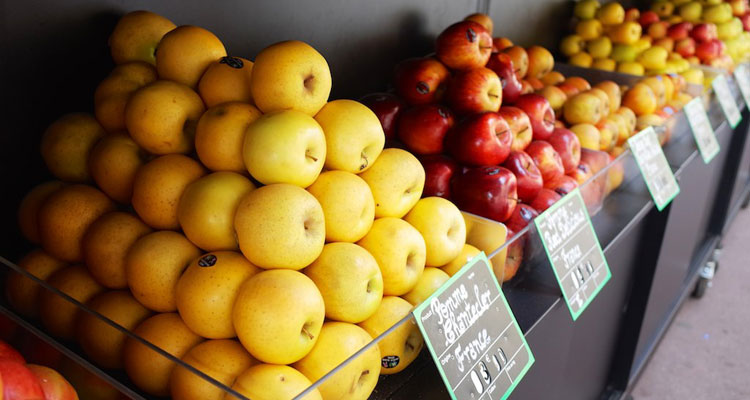Fundamental Environmental and Architectural Design(Ⅱ) National Taiwan University

Course Overview
Course Syllabus: This design studio aims to bring the operation of spatial scenario into the field/work of the real world, and further amplify the analyses of social characters, landscape textures, and local narratives to construct a design methodology that is based on the site-specific and community-oriented mode of placemaking. The field operation is focused either on Taipei's Shezi Island or Gah-lah, and the students will decide the location(s) of design intervention after individual and group visits. The possible sites include: 1. Li-zhongji courtyard house, Fu-zhou Settlement, Shezi Island 2. The route along the Waterfront Houseboat-Mouth of the Theater, His-zhou-di Settlement 3. The route along the embankment wall bike trail ramp-Li He-hsing House, His-sha-wei Settlement 4. Wanhe Garden, Fuzhou Settlement The Gah-lah site of Taipei's south Wanhua District will be an in-situ transformation of a former dormitory bungalow interior into a shared community space. 5. Institution zoning #9 bungalow house The operation in either of the two fields is grounded on the spatial and social foundations established from previous practicum studios, and may involve hands-on construction. The design attitude of this studio is akin to the value revealed in the book title and case studies of Design Like You Give a Damn, and can be regarded as an intention of socially engaged design. Field/work is a learning site, and design is a process of spatial action. We will also appropriate the dialectics of 'space of representation' and 'representation of space' by Henri Lefebvre as the inception of understanding the field. But the building mode of the ordinary, or self-built/illegal buildings in Shezi Island or Gah-lah is rather different from the architectural production under the modernistic contract. The buildings are not necessarily constructed following the patent 'representation' (or architectural drawings, models, or 3D simulations), and the typology and meaning of their spatial symbols need to be researched and surveyed to become local knowledge. To 'register' or record the existing building patterns and spatial structures of the field can be regarded as a reverse typifying of 'representation of space,' that is, the 'spaces of representation' produced by ordinary people's 'spatial practices' must be endowed with the source of meanings for the 'representation of spaces' so that we can extract the patterns, types, or critiques which the ensuing phases of the spatial production depend upon. When we systemize the representations of ordinary spatial practices, we may be able to construct a site-specific pattern language and develop the spatial scenario relevant to the design approach. This studio also encourages participant students to submit design proposals for New Taipei City's 'Social Housing for the Youth' competition, and it will be further discussed through a collective decision making process.
Learning Achievement
1. learning the methodology of placemaking in design 2. hands-on practices and field researches of the real sites 3. collaborative design and community participation
Competence
Course prerequisites
1. full participation and design practices 2. field works and representations 3. drawings, models, and presentations of different design phases
Grading Philosophy
Course schedule
Course type
Online Course Requirement
Instructor
Other information
*Registration eligibility: juniors and above.
(College of Engineering) Graduate Institute of Building & Planning
Site for Inquiry
Please inquire about the courses at the address below.
Email address: http://en.bp.ntu.edu.tw/


